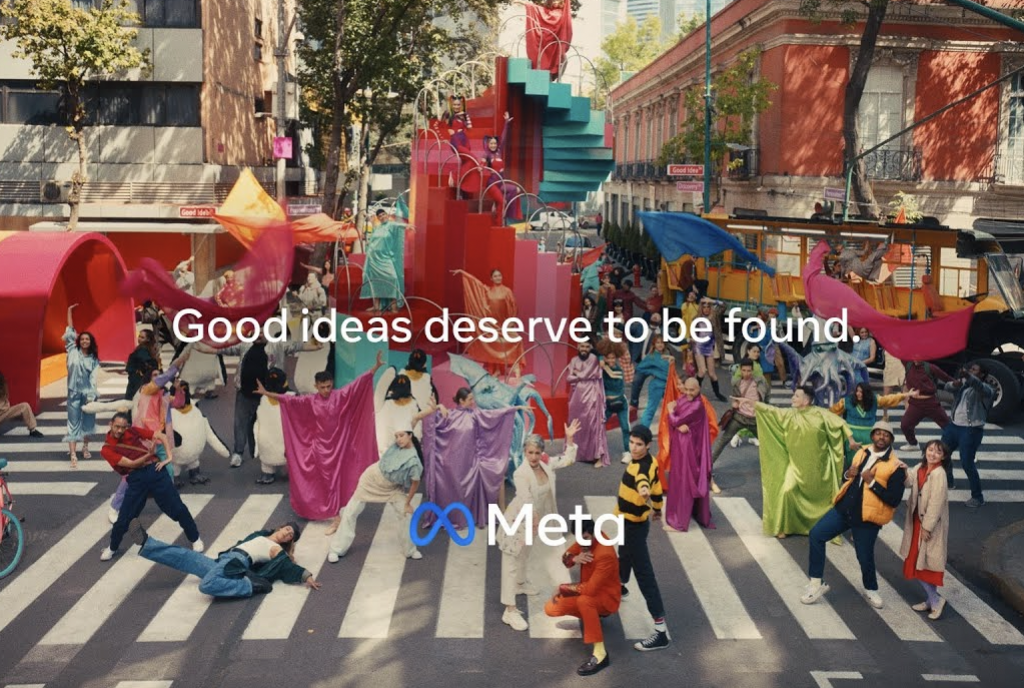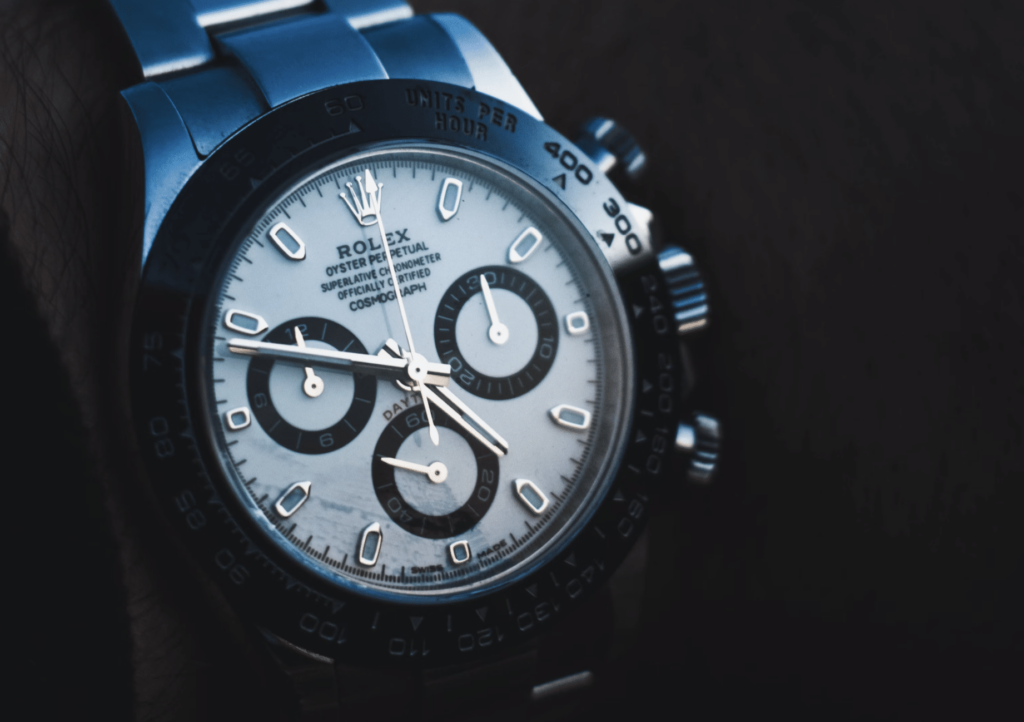On the heels of facing complaints from more than one company following its name change last year, Meta Platforms, Inc. has landed on the receiving end of a newly-filed lawsuit, with a small virtual reality-focused company accusing the social media behemoth formerly known as Facebook, Inc. of “brazenly violat[ing] fundamental intellectual property rights enshrined in U.S. law to obliterate” a business that has been using the Meta name for more than ten years. In the lawsuit that it filed in a New York federal court on Tuesday, experiential and immersive technologies company Meta claims that in opting to rebrand to “Meta” last fall, Facebook, Inc. “astoundingly … ignored [its] federal registrations for the META mark,” and the company has since “saturate[d] the marketplace with its infringing META mark,” leaving Meta with little chance to survive.
According to its complaint, New York-based Meta alleges that it got its start in 2010 under the watch of founder Justin “JB” Bolognino, who “had the foresight to adopt the name ‘Meta,’ long before immersive and experiential technologies, and the still-developing ‘metaverse’ were known by the general public.” In furtherance of its business, Meta says that it designs and develops “immersive and experiential technologies and products” for some of “the most influential individuals, businesses, and institutions, as well as other creators” in the realm of “immersive and experiential technologies.” Beyond that, Meta offers goods/services to the general consuming public, who attend events such as Coachella, South by Southwest, and Cannes Lions, where it has staged experiential and immersive experiences.
Against this background and in light of its “efforts since 2010, and its significant marketplace success,” Meta claims that its name has come to act as an indicator of the source of its “high-quality, ethical, and reputable goods and services” in the minds of consumers. At the same time, Meta asserts that it has received U.S. trademark registrations for the “Meta” wordmark for use on goods/services that include “social media strategy and marketing consultancy,” and “entertainment, namely, production of … events using digital, virtual and augmented reality filmmaking and interactive displays.”
While these registrations should have served as a red flag for Facebook, Inc.’s due diligence team ahead of its name change last year, Meta alleges that Facebook, Inc. “ignored Meta’s federal registrations for the META mark that expressly identify services ‘using digital, virtual and augmented reality.’” (Meta refers to Meta Platforms as “Facebook” in its complaint, as “otherwise, it would be impossible to easily read and distinguish between the parties.”) With “actual knowledge of Meta” – and its trademark rights – and “apparently believing that it could trample the rights of this small business with impunity,” Meta claims that “corporate goliath” Facebook, Inc. announced its name change in October 2021 and has since “deployed its almost limitless resources to saturate the marketplace with its infringing META mark.”

In addition to co-opting its name, Meta argues that Facebook, Inc. is steadily encroaching into its territory, with the social media titan offering up creator-centric products and services that are “identical” to Meta’s and that “clear[ly] target creator communities associated with the [AR, VR, and XR] industry.” Facebook, Inc.’s “infringing conduct is engulfing the entire industry,” per Meta, as it “hosts more and more experiences with, and for, businesses and individuals across the globe,” including at Coachella and South by Southwest, where Meta has hosted its own “immersive experiences,” while also “targeting the identical consumer base as Meta, and the identical businesses and creator communities.”
Given that Facebook, Inc.’s AR, VR, and XR-centric offerings, its consumers, and its channels of trade are “identical to those of Meta – albeit at a much larger scale,” Meta contends that Facebook, Inc.’s adoption of the Meta trademark makes for “a textbook reverse confusion case.” In other words, “Facebook, Inc. (the much larger, junior user) overruns Meta (the smaller, senior user) by virtue of its size, market power, advertising reach, and almost limitless resources,” and thus, “consumers are likely to mistakenly believe that Meta’s products and services emanate from Facebook and that Meta is somehow affiliated or associated with Facebook.”
Despite its alleged awareness of Meta’s products and services, Facebook, Inc. has “continued to willfully infringe the META mark and inflict significant and irreparable harm on Meta,” according to Meta’s complaint, as “Facebook’s use of its infringing mark is extremely likely to cause consumer confusion with Meta’s use of [its own] META mark,” and in fact, Meta claims that actual confusion has already occurred. (Meta also argues that it is being damaged further by Facebook, Inc.’s infringement, which has caused its business and the META mark to be “inextricably linked with, and eviscerated by, the veil of toxicity that has enshrouded Facebook” – from the social media giant’s “enabl[ing] of terrorist and hate groups” to its alleged “proliferat[ion] of COVID and political misinformation.”)
Setting out claims of federal trademark infringement and unfair competition, as well as unfair competition under New York state law in the new lawsuit, Meta alleges that Facebook Inc.’s alleged conduct has caused it to “[lose] the value of, and control over, the META mark,” and the “goodwill and reputation” associated with its brand.” As a result, the META mark “no longer exclusively designates Meta as the single source” of products and services, the plaintiff contends. In addition to injunctive relief to immediately and permanently block Facebook, Inc. from continuing to use the Meta trademark and continuing to engage in acts of unfair competition, Meta is seeking damages, including – but not limited to – an award of all of Facebook, Inc.’s profits, in connection with the lawsuit. (For reference, in April, Meta Platforms reported a profit of $7.5 billion for the first quarter of 2022.)
Rising Reverse Confusion Cases
The Meta lawsuit is a striking one, as it is one of the latest – and potentially one of the highest-profile – cases in a string of reverse confusion matters that have recently landed before federal courts in New York (along with other courts), including the lawsuit that SKKN+ owner Beauty Concepts LLC filed against the much-more-famous Kim Kardashian ahead of the launch of her new brand SKKN by Kim, and the case that 8-year-old fashion brand Rhode filed against Hailey Bieber, the widely-known model and wife of musician Justin Bieber, over her recently-launched skincare brand Rhode. (In the latter case, Rhode argues that it took “an immediate hit” after the launch of Bieber’s brand, with search engine query results for the word “rhode” being dominated by the defendant’s brand instead of its own, and awareness for the newer Rhode brand being boosted by Ms. Bieber’s significant social media following and that of “Ms. Bieber’s husband, Justin Bieber, who has promoted ‘rhode’ to his 243 million Instagram followers.”)
As distinct from traditional infringement cases, which involve “forward confusion” (i.e., when a senior trademark user claims that consumers believe that it is the source of the junior user’s goods), “reverse confusion” occurs when a large and well-known junior user saturates the market with its use of the mark so much so that it is wrongly viewed as the source of a lesser-known senior user’s goods.
“Although courts have recognized the theory of reverse confusion for at least 40 years, the number of lawsuits involving allegations of reverse confusion has increased exponentially,” Loeb & Loeb attorney Tal Dickstein previously wrote, pointing to “the proliferation of information technology and social networking platforms that allow even moderately financed companies to gain national market penetration much more quickly than they could have in the past” as part of the reason for the rise of such suits. “The faster roll-out of new products and services increases the chances that the newcomers’ marks will overlap in the marketplace with similar marks used by smaller, often regional companies, resulting in claims of reverse confusion.”
The danger with reverse confusion, Dickstein wrote “is not that consumers will believe that the junior user’s products originate with the senior user, but that consumers will mistakenly believe that the smaller senior user’s products were sponsored or approved by the stronger junior user” because the junior user’s brand takes over the market, resulting in a diminishing effect for smaller entities, even if those smaller entities maintain much more robust rights.
Meta’s lawsuit “illustrates the importance and purpose of the reverse confusion doctrine in protecting the trademark rights of small businesses in this country,” Meta’s lead counsel and Pryor Cashman LLP partner Dyan Finguerra-DuCharme, told TFL. “It is the quintessential case of reverse confusion.” Due to the “broad and egregious conduct it involves,” she says that this is “one of the most significant reverse confusion cases filed since the seminal Big O case” in which the U.S. Court of Appeals for the Tenth Circuit first established the legal doctrine of reverse confusion in 1977.
“The facts provide the 2nd Circuit courts with the opportunity, for the first time this decade, to ensure that liability standards, injunctive relief, and damages awards in reverse confusion cases are commensurate with the fundamental purpose of the doctrine to protect the IP rights of small businesses in a contemporary era of corporate consolidation and dominance,” according to Finguerra-DuCharme, who states that “this is especially so in light of the U.S. Supreme Court’s recent Romag decision — which signaled judicial willingness to vehemently safeguard and compensate trademark holders. In this context, it is particularly important for the courts to affirm the strong protections that U.S. law provides for small businesses being bullied or destroyed by corporate behemoths.”
A rep for Meta did not respond to a request for comment about the lawsuit.
The case is METAx LLC v. Meta Platforms, Inc., 1:22-cv-06125 (SDNY).











